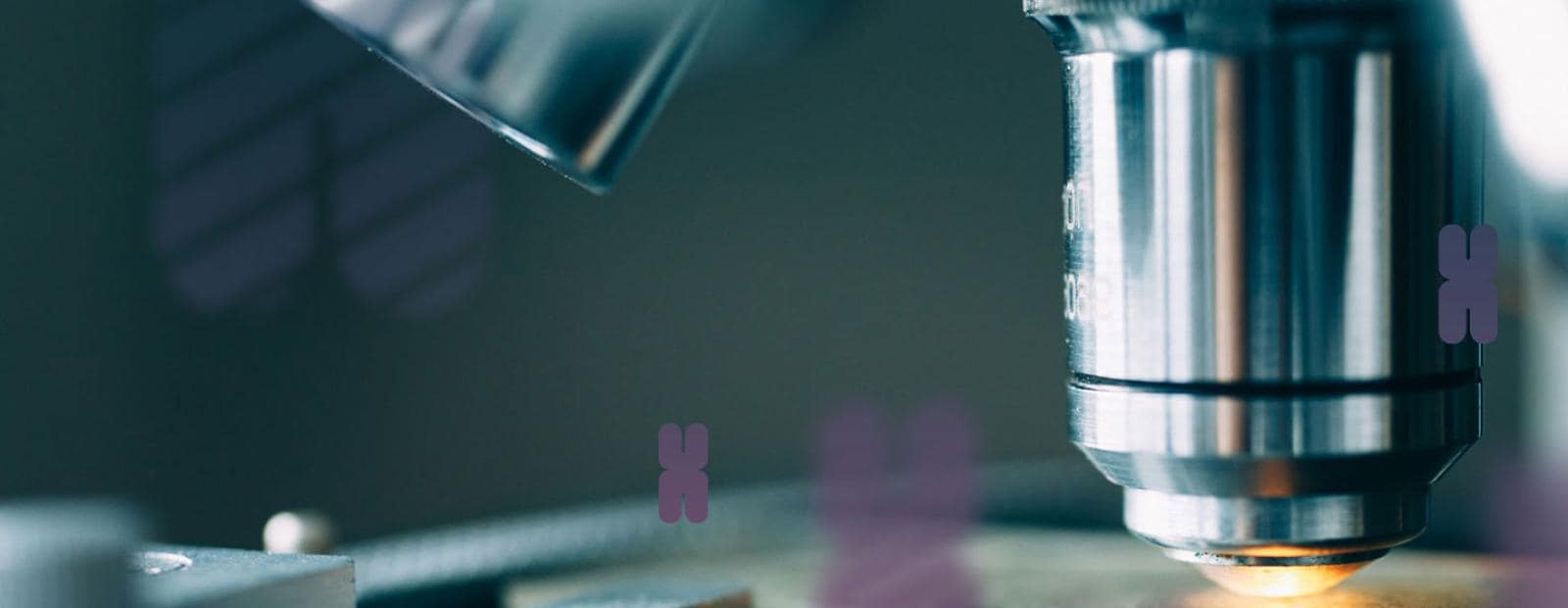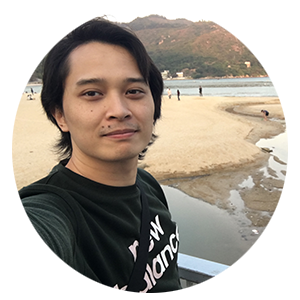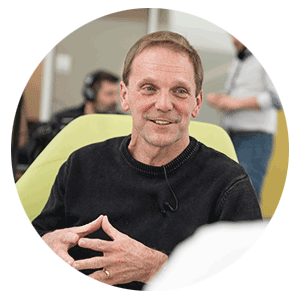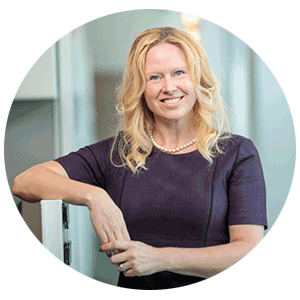Designing the Needle: How Gene Editing Can Transform Our Health and Planet
Episode 4: Our first three episodes explored the changing climate, the digital revolution, and our fluid understanding of what “sustainability” really means—and requires. The common thread? Change may just be the most consistent thing in human history.





























